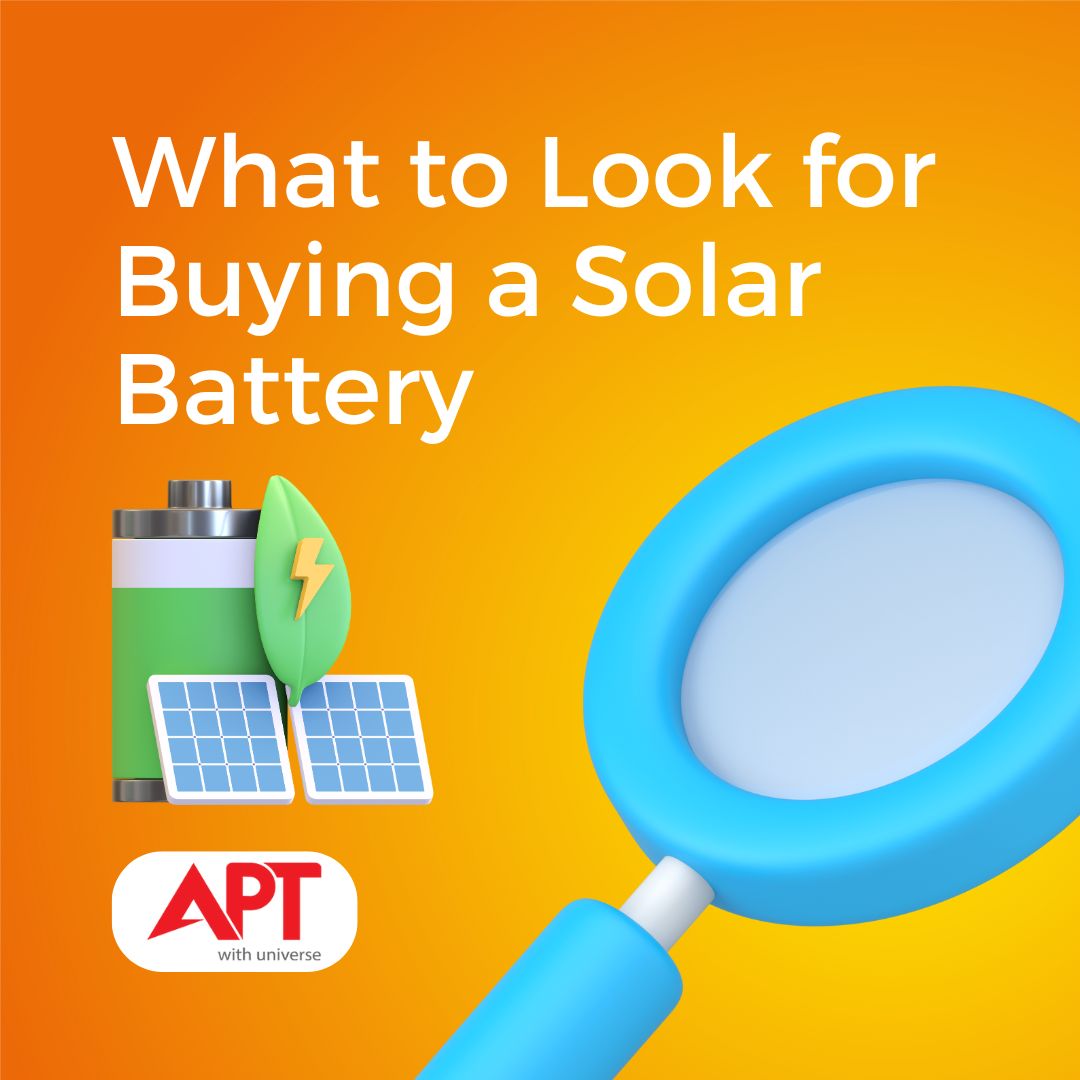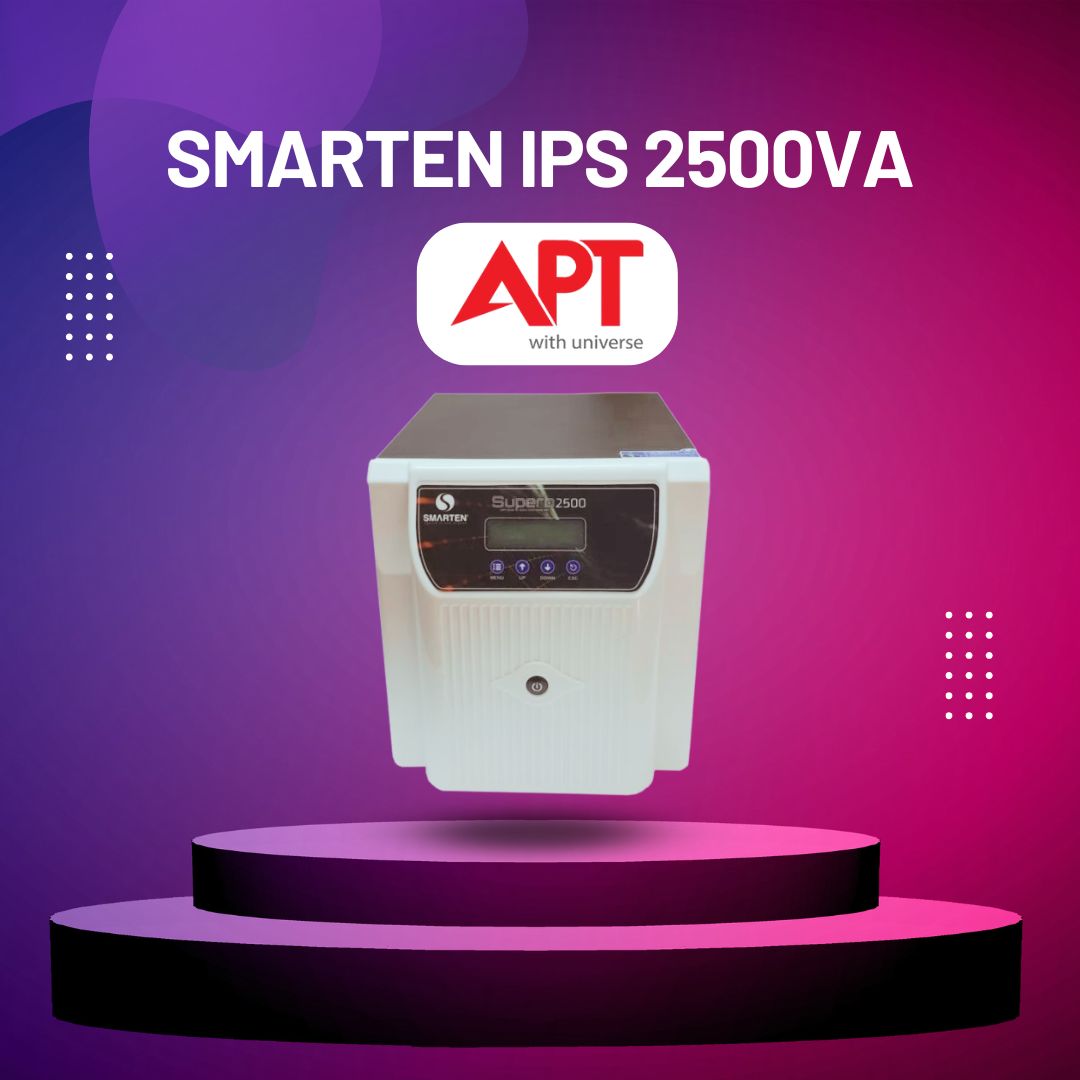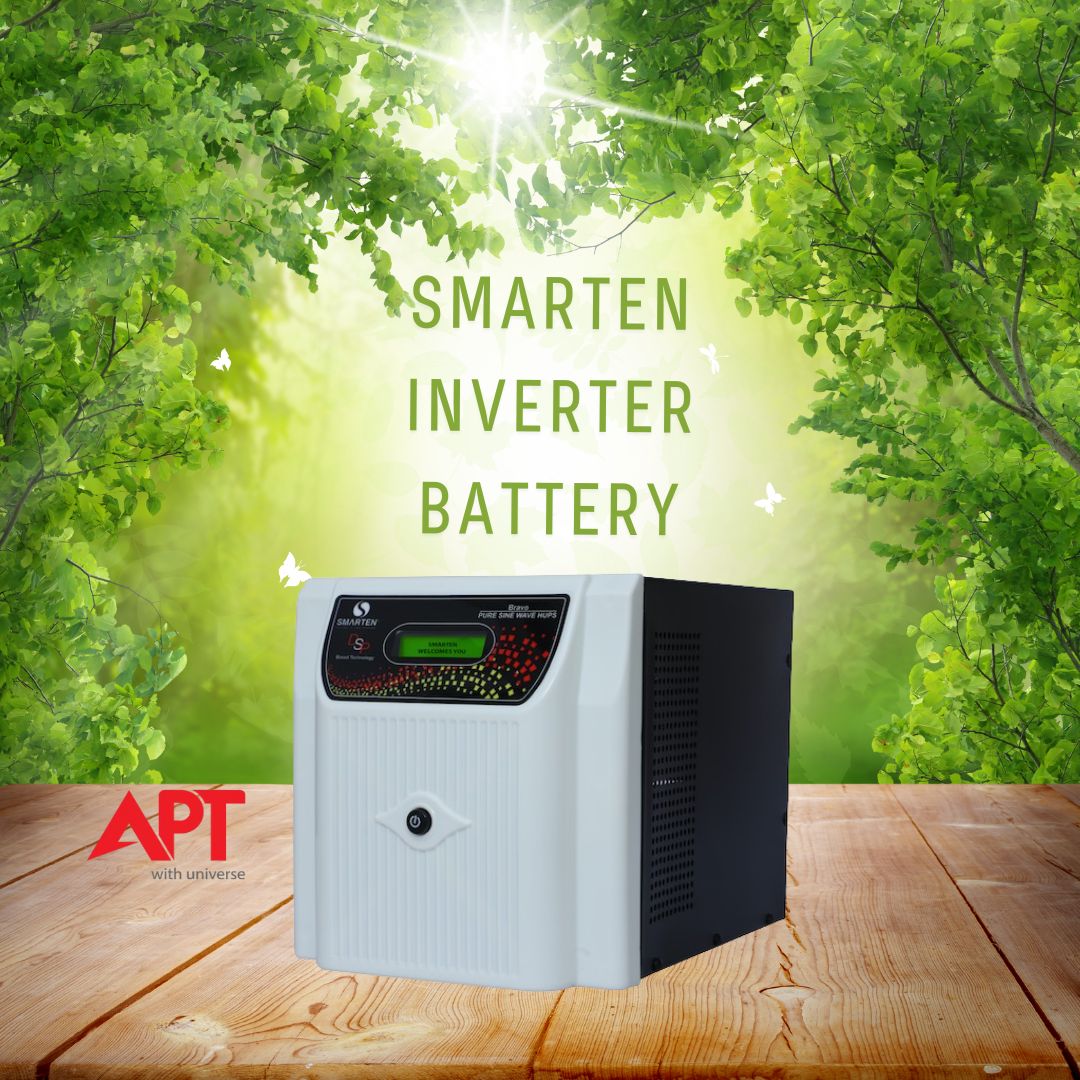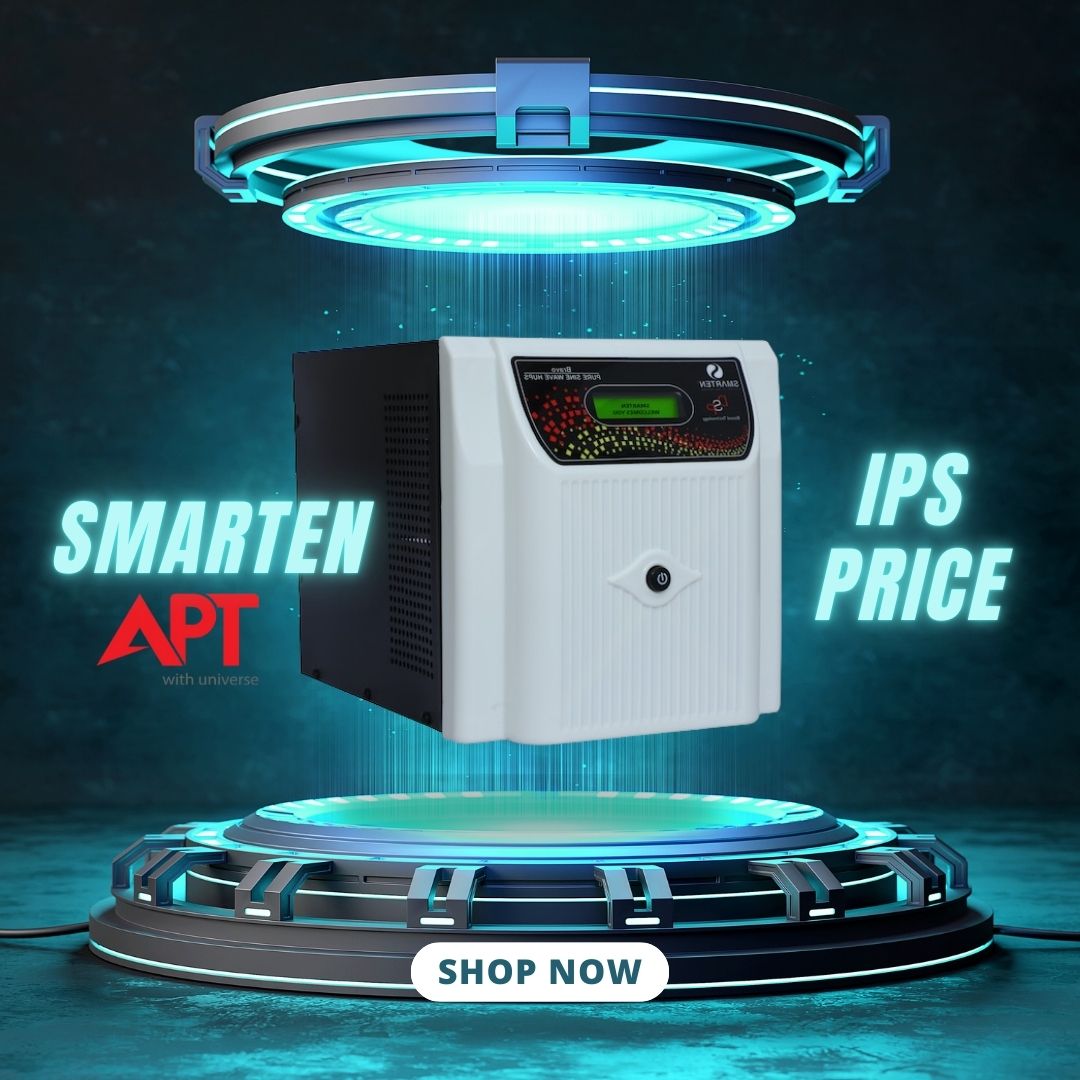As more homeowners and businesses turn to renewable energy sources, solar batteries have become a vital component of excess solar energy system. They store excess energy generated during the day for use during the night or during solar power outages, providing reliability and sustainability. However, choosing the right solar battery can be overwhelming due to the variety of options available. In this guide, we’ll explore the essential tips and tricks to consider when buying a solar battery, helping you make an informed decision for your energy needs.
Basics of Solar Battery
Before diving into the specifics, it’s crucial to understand what a solar battery is and how it works. Solar batteries are rechargeable batteries that store energy generated from solar panels. They come in various types, including lithium ion, lead acid battery, and flow batteries, each with distinct characteristics.
Types of Solar Batteries
- Lithium Ion Batteries: These are the most popular due to their high efficiency, longer lifespan, and lightweight design. They are ideal for residential solar power system.
- Lead-Acid Batteries: A more traditional option, these batteries are less expensive but heavier and require more maintenance. They are suitable for budget-conscious consumers.
- Flow Batteries: These are newer technology, offering long cycle life and the ability to scale easily, but they are still relatively rare in residential applications.
Key Factors to Consider
When purchasing a solar battery, several key factors should influence your decision:
Battery Capacity
Battery capacity, measured in kilowatt-hours (kWh), determines how much energy a battery can store. It’s essential to assess your energy consumption patterns to select a battery that meets your needs. Consider the following:
- Daily Energy Usage: Calculate your household or business’s average daily energy consumption.
- System Size: Ensure the battery capacity aligns with your solar panel system’s output.
Depth of Discharge (DoD)
Depth of Discharge (DoD) refers to the percentage of battery capacity that can be used without damaging the battery. For example, if a battery has a 100Ah capacity and a DoD of 80%, you can safely use 80Ah of power.
- Higher DoD: Lithium-ion batteries typically have a higher DoD, allowing you to use more of their stored energy.
- Lower DoD: Lead-acid batteries usually have a lower DoD, meaning you need to reserve more energy to prolong their lifespan.
Efficiency
Efficiency measures how much energy is lost during charging and discharging. A higher efficiency rating means more usable energy from the battery. Look for batteries with an efficiency rating above 90%.
Lifespan and Warranty
The lifespan of a solar battery is crucial for long-term investment. Most lithium-ion batteries last between 10 to 15 years, while lead-acid batteries may only last 3 to 7 years. Check the manufacturer’s warranty, which typically reflects the expected lifespan.
- Warranty Length: A longer warranty often indicates higher quality and reliability.
- Cycle Life: This refers to the number of complete charge and discharge cycles a battery can undergo before its capacity significantly diminishes.
Installation and Compatibility
Ensure that the solar battery cost you choose is compatible with your existing solar panel system. Some batteries require specific inverters or installation methods, which may affect your overall system design.
- Professional Installation: Consider hiring a qualified installer to ensure proper setup and compliance with local regulations.
Budget Considerations
Your budget will significantly impact your solar battery price choice. Battery prices can vary widely based on capacity, type, and brand. Here are some tips to help manage your budget:
- Long-Term Investment: While cheaper options may be tempting, consider the long-term benefits of investing in higher-quality multiple batteries that may offer better performance and durability.
- Financing Options: Explore financing plans, rebates, or incentives available for solar battery storage system purchases in your region.
Brand Reputation and Reviews
Researching different brands is essential before making a purchase. Look for:
- Customer Reviews: Reading customer experiences can provide insights into the battery’s performance, reliability, and customer service.
- Brand History: Established brands with a proven track record are often more reliable than newer companies without a history in the market.
Maintenance and Support
Choosing a battery with good maintenance support can save you time and money in the long run. Consider the following:
Maintenance Requirements
- Lead-Acid Batteries: Generally require more maintenance, such as regular water refilling.
- Lithium-Ion Batteries: Typically low-maintenance, making them more convenient.
Customer Support
Look for brands that offer robust customer support, including installation assistance, troubleshooting guides, and warranty service. Responsive customer service can make a significant difference in your experience.
Conclusion
Investing in a solar battery is a crucial step towards achieving energy independence and sustainability. By understanding the key factors to consider—battery capacity, depth of discharge, efficiency, lifespan, installation, budget, brand reputation, and maintenance—you can select home solar battery that meets your energy needs effectively.
173/3, Arambag, Motijheel, Dhaka-1000 | Call: 01682-846785 | WhatsApp: 01682-846785, 01733-436965 | E-mail: aptpowersbd@gmail.com, info@aptpowers.com
FAQs
The lifespan of solar batteries varies, with lithium-ion batteries lasting 10-15 years and lead-acid batteries lasting 3-7 years.
While some may attempt DIY installation, it’s recommended to hire a professional to ensure proper installation and compliance with regulations.
Energy storage capacity varies by battery type. Check the specifications of the battery for its kWh capacity.
Lithium-ion batteries often have a DoD of 80-90%, while lead-acid batteries typically have a DoD of around 50-70%.
Many regions offer rebates or tax incentives for solar battery purchases. Check your local government or utility provider for available programs.





